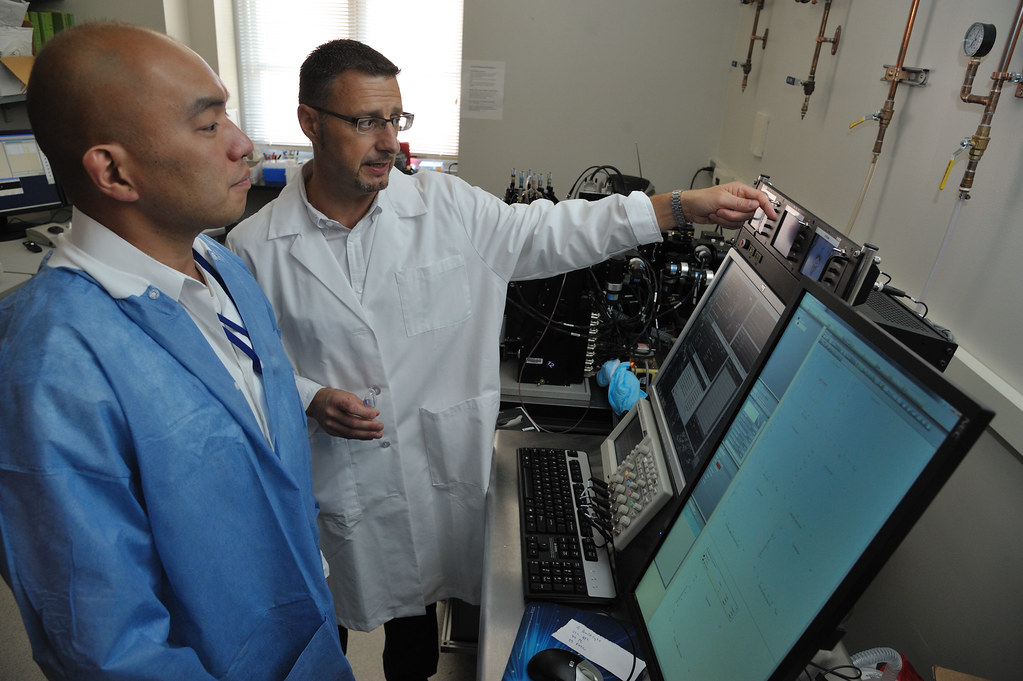Immunologists are medical specialists who focus on diagnosing and treating disorders of the immune system. They work with patients dealing with allergies, autoimmune diseases, and immune deficiencies. These doctors use advanced techniques to help manage these conditions and improve patients’ quality of life. Here are some of the techniques they may use:
Oral Immunotherapy
Oral immunotherapy is a treatment that involves administering small amounts of the allergen to which patients are allergic, taken orally. The process begins with very tiny doses, which are gradually increased over time. This helps the immune system learn to tolerate the allergen, leading to fewer and less severe reactions. During the treatment, doctors closely monitor each dose increase to ensure safety. This method works particularly well for food allergies, especially peanut allergies.
Allergy Testing
Skin prick tests are a standard method used by immunologists to diagnose allergies. Blood tests measure specific antibodies in the bloodstream. Patch testing identifies delayed allergic reactions, which occur hours or days after exposure to certain substances. Modern laboratories use advanced equipment to detect small amounts of allergens in the blood. Component testing breaks down allergens into their constituent proteins, enabling a detailed analysis that helps doctors create more targeted treatment plans.
Food allergies are a typical concern that affects individuals of all ages. They occur when the immune system reacts abnormally to specific proteins in foods, such as peanuts, tree nuts, milk, eggs, wheat, soy, fish, and shellfish. Symptoms can range from mild reactions like itching and swelling to severe, life-threatening anaphylaxis. Managing food allergies requires strict avoidance of the triggering foods and can include carrying emergency medication, such as an epinephrine auto-injector, to address sudden allergic reactions.
Allergy Shots
Allergy shots work by exposing the immune system to small amounts of allergens, which helps build tolerance over time. Patients who receive regular injections often notice their symptoms decrease significantly, though the process requires patience and commitment. The shots may contain purified allergen extracts. Doctors adjust the dosage based on each patient’s response. Environmental allergens respond particularly well to this treatment method:
- Tree pollen
- Grass pollen
- Dust mites
- Pet dander
- Mold spores
Professional Help
You may benefit from consulting an immunologist if you experience frequent allergic reactions that interfere with your daily activities. Severe asthma that doesn’t respond to standard treatments also warrants a specialist consultation. Recurring infections may indicate an underlying immune system issue that requires professional evaluation.
These specialists offer comprehensive testing options that go beyond basic allergy screening. They develop personalized treatment plans based on your specific triggers and medical history. Patients may find relief through targeted therapies that address their unique needs.
See Immunologists for Care
The latest immunological techniques provide new hope for people struggling with allergic conditions. Advanced testing methods enable the accurate identification of specific triggers more effectively than ever before. Treatment options continue to expand, giving patients more choices for managing their symptoms. If allergies are affecting your daily life, schedule an appointment with an immunologist today. These specialists possess the expertise and tools necessary to help you find practical solutions suited to your specific situation.









Leave a Reply